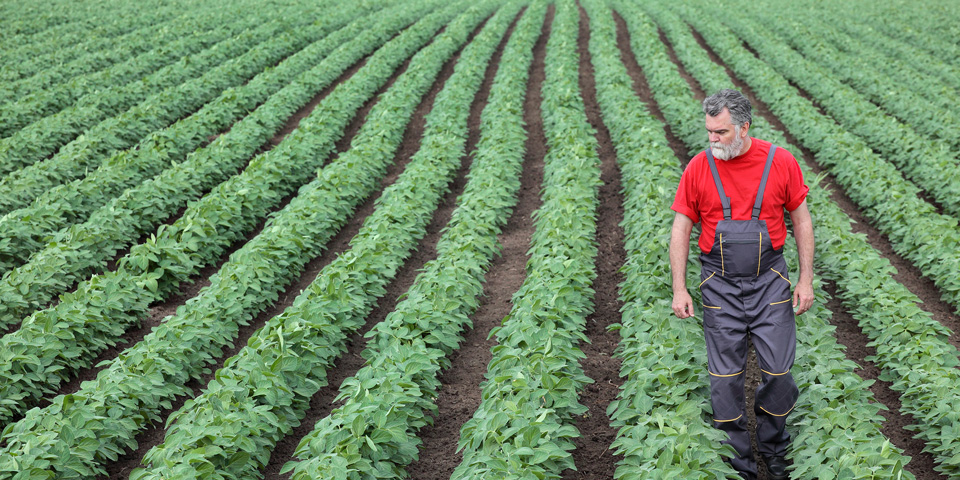
Lower pesticide use and higher price premiums mean non-GM soy is better for farmers and the environment
An important new study shows that the Brazilian non-GMO soybean meal supply chain is more sustainable than the GMO soybean chain.
Will the WWF-supported Round Table for Responsible Soy now stop endorsing GM soy as “responsible”? We’re not holding our breath.
From the new study’s conclusion:
“Our results show that the non-GM soybean meal chain is more sustainable than the GM chain. Quantity differences (TFP component) include a lower use of biocides, i.e. pesticides, fungicides, and herbicides, in the non-GM chain. The main price difference (TPR [Total Price Recovery] component) is associated with the price premium paid per ton of non-GM soybean meal, which reflects consumer preference for non-GM products.”
—
Benchmarking the sustainability performance of the Brazilian non-GM and GM soybean meal chains: An indicator-based approach
Gaitán-Cremaschi, D., Kamali, F. P., van Evert, F. K., Meuwissen, M. P., & Lansink, A. G. O. (2015). Food Policy, 55, 22-32.
http://www.sciencedirect.com/science/article/pii/S0306919215000597
Highlights
• An indicator-based approach for benchmarking products in terms of their sustainability is proposed.
• We used the approach for benchmarking of two Brazilian soybean meal chains.
• The non-GM soybean meal chain resulted more sustainable than the GM chain.
• The approach proved to be an useful approach for evaluating and comparing chain sustainability.
Abstract
A commonly accepted approach for measuring the sustainability of agricultural products is the first step toward treating traded products differentially according to their sustainability. If we were able to measure sustainability, business stakeholders could optimize food production chains, consumers could demand products based on reduced environmental and social impacts, and policy makers could intervene to meet the growing demand for food in a context of environmental conservation, population growth, and globalization. We proposed to measure profit adjusted for the negative externalities of production as a promising single metric for benchmarking products in terms of their relative sustainability. The adjusted profit differences between different products are then assessed by means of the Bennet Total Factor Productivity (TFP) indicator and the Total Price Recovery (TPR) indicator to highlight areas for potential sustainability improvement.
To illustrate the usefulness of the indicator-based approach, we assessed the relative sustainability of two Brazilian conventional soybean meal chains, non-genetically modified (non-GM) and genetically modified (GM) chains.
Based on the results, we indicated potential areas for sustainability improvement. Sustainability issues included in the assessment were profitability, global warming potential, eutrophication potential, environmental toxicity, farmworker toxicity, consumer toxicity, deforestation, and loss of employment. Results showed that the non-GM soybean meal chain is more sustainable than the GM chain (higher adjusted profit due to higher TFP and favorable prices especially for outputs). However, both chains require joint efforts to address their economic, environmental, and social deficiencies. These efforts should focus on providing technical and high quality assistance to reduce biocide use, and improving transportation.
The analysis in this study could be extended by undertaking a comparative assessment of the sustainability performance of major soybean meal producers, i.e. United States, Argentina, China, and Brazil.
The approach proved to be a promising benchmarking tool for agricultural trade flows. It allows an integrated assessment of the dimensions of sustainability along food chains that is sufficiently flexible to compare the sustainability level of various biomass stocks that are produced in different locations and in a variety of environmental and socio-economic contexts. Nevertheless, it requires consensus on which components of sustainability are to be assessed.










